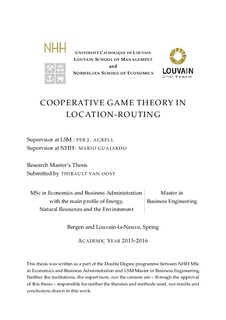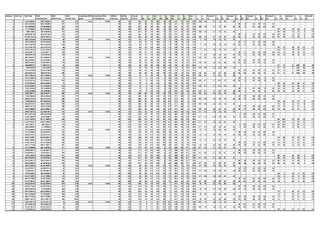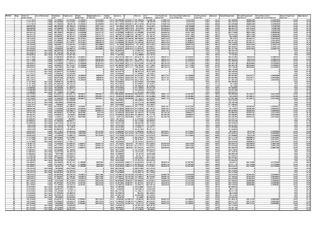| dc.description.abstract | Horizontal collaboration in transportation is attracting increased interest from academics
and practitioners. This approach can bring significant savings to the companies
and help reduce their carbon footprints. Game theory acts as a useful tool to study
horizontal collaboration. The thesis focuses on studying cooperative game theory
in location-routing, which to our knowledge has never been done before. Locationrouting
consists of locating facilities while taking into account routing aspects. The
interdependence of location and routing has been acknowledged in the literature. The
integrated approach of location-routing can lead to more efficient logistic planning.
Location-routing has varied applications ranging from package delivery to spare parts
distribution.
In the thesis, we first define this new cooperative game. We study its properties
analytically using tools from the operations research literature, and principles and
methods from cooperative game theory. We find that this game, while being monotone
and subadditive, can have an empty core and be non-convex. We also study this game
numerically. 6,000 instances of the game are generated and played. The cost is reduced
by 43% on average and emissions by 31%. Emptiness of the core is observed in 44% of
the instances.
In collaboration, allocating the costs of the coalition is a major issue. For each
instance of the numerical experiment we compute the values obtained by several
allocation methods, like the Shapley value and the Equal Profit Method. We then
analyze how the cost sharing techniques fare in this new game. Their performance
is examined through several criteria like stability, fairness and transparency of the
method. There is no method which is best on all the criteria and their performance can
vary depending on the properties of the instance. However, we find all cost sharing
techniques perform well regarding stability for the location-routing game. | nb_NO |



